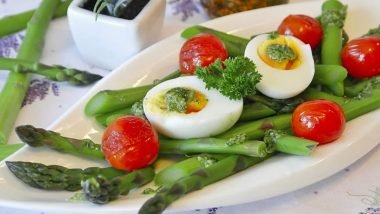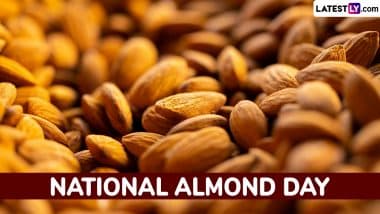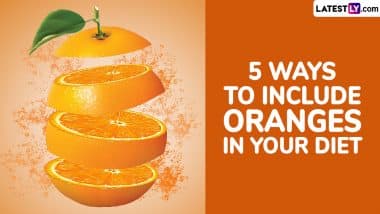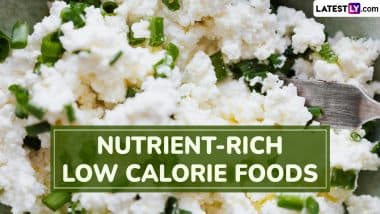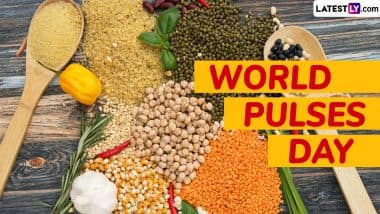The ketogenic diet has gained huge popularity over the years for effective weight loss results. The low-carb high-fat diet has some drawbacks associated with it as some people face the problem of tiredness, constipation and even fatigue. Some people even face hurdles in sourcing healthy fat. Also, people who do weight training exercises fall short of strength if they opt for the standard keto diet. To overcome these problems, you can follow a cyclical keto diet which can fill the shortcomings of the general ketogenic diet. We tell you what is cyclical keto diet and how it can help in muscle development and weight loss. Pros and Cons of Keto Diet: Brief Overview of Low Carb High Fat Ketogenic Food.
What is Cyclical Keto Diet?
A standard keto diet restricts carbohydrate intake to not more than 50 g in a day. In the general ketogenic diet, the macronutrient intake should be as follows - 75 percent fat, 15 to 20 percent protein and 5 to 10 percent carbohydrates. When it comes to the cyclical keto diet, you will have to adhere to a standard ketogenic diet protocol five to six days per week, followed by one to two days of higher carb consumption. These carb-loading days are referred to as refeeding days, where the depleted glycogen reserves are replenished, which, in turn, helps keep the body energetic, active and also improve exercise performance. Usually, during general ketogenic days, the body enters ketosis state, where fats reserve are used for energy. However, during refeeding days, the body switches out of ketosis state to reap the benefits of carb consumption for a temporary period. The glycogen reserve which is refilled during refeeding days can be used effectively for an intense workout session on the following days that helps build muscle and also avoid atrophy, a state when the body loses muscle. How Bodybuilders Should Follow Ketogenic Diet for Muscle Maintenance?
Foods to Eat During Cyclical Keto Diet
Healthy fats rich in polyunsaturated and monounsaturated fatty acids should be focussed on during general keto days. Cheese, eggs, avocado, olives, pecans, almonds, chia seeds, flax seeds, to name a few, are healthy fats that can help in the smooth functioning of the body. During refeeding days, quinoa, brown rice, whole wheat, sweet potatoes, oats, beans and lentils should be eaten to refill the glycogen reserve. You should opt to eat more complex carbohydrates during one or two days of carb loading. Keto 2.0 is Here! Here's How It Fills The Gaps Left by The Original Ketogenic Diet.
Most importantly, be sure to stay away from saturated fat, which can cause heart problem. Many people, when choosing to follow keto, commit the mistake of having unhealthy fats. For this reason, Keto 2.0 was designed. Also, even if you are on the cyclical keto diet, be sure to keep a check on your daily calorie intake as it plays an integral role in weight loss.
(This article is written for an informative purpose and should not be substituted for medical advice. Kindly consult your doctor before trying any tips.)
(The above story first appeared on LatestLY on Oct 15, 2020 11:58 AM IST. For more news and updates on politics, world, sports, entertainment and lifestyle, log on to our website latestly.com).













 Quickly
Quickly








